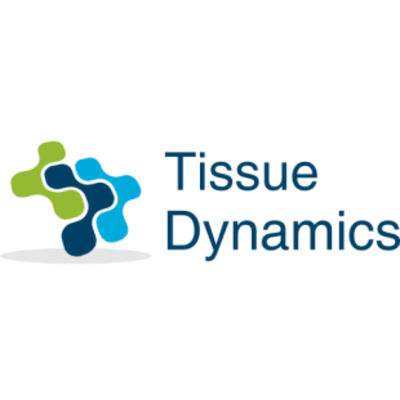Request Demo
Last update 08 May 2025
SCD1 x PPARα
Last update 08 May 2025
Related
1
Drugs associated with SCD1 x PPARαTarget |
Mechanism PPARα modulators [+1] |
Active Org. |
Originator Org. |
Active Indication |
Inactive Indication- |
Drug Highest PhasePhase 1 |
First Approval Ctry. / Loc.- |
First Approval Date20 Jan 1800 |
100 Clinical Results associated with SCD1 x PPARα
Login to view more data
100 Translational Medicine associated with SCD1 x PPARα
Login to view more data
0 Patents (Medical) associated with SCD1 x PPARα
Login to view more data
286
Literatures (Medical) associated with SCD1 x PPARα01 Jul 2025·Prostaglandins, Leukotrienes and Essential Fatty Acids
Fatty acid synthase global inducible knockout does not alter brain fatty acid concentrations but attenuates cholesterol synthesis in the adult mouse
Article
Author: Seeger, Drew R ; Golovko, Mikhail Y ; Golovko, Svetlana A ; Kotha, Peddanna ; Murphy, Eric J
01 Jun 2025·Regulatory Toxicology and Pharmacology
Next generation risk assessment of hair dye HC yellow no. 13: Ensuring protection from liver steatogenic effects
Article
Author: Rogiers, Vera ; Heymans, Anja ; Sepehri, Sara ; Van Goethem, Freddy ; De Win, Dinja ; Vanhaecke, Tamara ; Rodrigues, Robim M
01 May 2025·International Journal of Biological Macromolecules
Buckwheat resistant starch alleviates hyperlipidaemia in mice by inhibiting lipid accumulation and regulating gut microbiota
Article
Author: Bu, Tongliang ; Li, Qingfeng ; Tao, Jiwen ; Yuan, Ming ; Zhang, Xinyu ; Chen, Zhao ; Li, Zhenjiang ; Tang, Zizhong ; Jia, Yujie ; Xiao, Yirong ; Bai, Hongjie ; Xie, Qiqi
Analysis
Perform a panoramic analysis of this field.
login
or

AI Agents Built for Biopharma Breakthroughs
Accelerate discovery. Empower decisions. Transform outcomes.
Get started for free today!
Accelerate Strategic R&D decision making with Synapse, PatSnap’s AI-powered Connected Innovation Intelligence Platform Built for Life Sciences Professionals.
Start your data trial now!
Synapse data is also accessible to external entities via APIs or data packages. Empower better decisions with the latest in pharmaceutical intelligence.
Bio
Bio Sequences Search & Analysis
Sign up for free
Chemical
Chemical Structures Search & Analysis
Sign up for free
